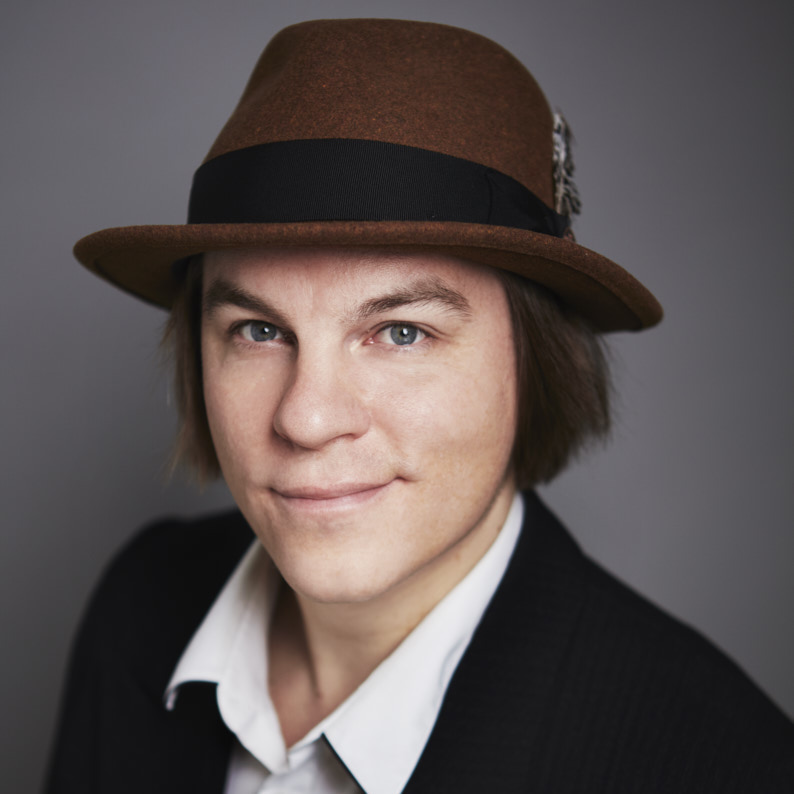Finnish happiness expert seeks to shift governmentsŌĆÖ focus from GDP to well-being

If we can overcome the vagueness of well-being, making it into a more precise and measurable construct, we improve our chances of overturning dominant and potentially harmful economic metrics for progress, says Associate Professor Frank Martela from Aalto University in Finland. His new theory of well-being was recently published in the prestigious Personality and Social Psychology Review.
ŌĆśUsually when you talk about happiness and well-being, you mean the same thing. But in a scientific context, theyŌĆÖre both quite vague. Scientists actually use more precise constructs such as life satisfaction (this is the metric where Finland tops the world) and positive feelings,ŌĆÖ says Assistant Professor Frank Martela from FinlandŌĆÖs Aalto University.
ŌĆśThe economy is ultimately just a tool for transitioning natural resources and human labour into well-being. To avoid the tail wagging the dog, the focus should be on well-being indicators rather than just economic ones,ŌĆÖ Martela says.
ŌĆśHaving, loving and doingŌĆÖ
The global political fixation with GDP and economic growth not only confuses means with ends, says the Finnish researcher, but it can also be dangerously counterproductive. Economic growth is increasingly recognized as an obstacle to humanityŌĆÖs most pressing challenge: ensuring a habitable planet into the future.
To arrive at a better definition of well-being, we must start with understanding human nature and the basic needs that arise from it. MartelaŌĆÖs latest paper identifies the human condition as one of ŌĆśhaving, loving and doingŌĆÖ in that we all have basic physical needs (having), social needs (loving) and needs related to agency (doing).
ŌĆśWe need food, water, and shelter but we also need to be accepted, have caring mutual relationships and a sense of autonomy and mastery in our activities,ŌĆÖ he says. ŌĆśThe crucial question for our time is how to satisfy these needs for as many people as possible globally, while doing this in an ecologically sustainable way, without transcending planetary limitations.ŌĆÖ
Frank MartelaWe also need to be accepted, have caring mutual relationships and a sense of autonomy and mastery in our activities
Governments should target cuts at areas that offer the least well-being
Sustainability is all too often presented as separate elements: ecological, economic and social sustainability. This is a mistake, says Martela, as the three components are clearly interdependent. While ecology sets the limits for all our actions, our economic and social systems have only instrumental value: They are ways of transforming environmental resources and human labour into well-being, which should be understood as the true target of government.
ŌĆśIf planetary limits are exceeded, current prosperity is produced in a way that threatens future generations. A sustainable economic system is one that enables future generations to prosper,ŌĆÖ he says. He acknowledges the importance of also following economic indicators. However, even in situations where governments need to make budget cuts, well-being indicators can help.
ŌĆśWith well-being measurements one can identify the services producing most and least well-being for money, targeting the cuts at the latter. This enables governments to make cuts that harm peopleŌĆÖs well-being the least,ŌĆÖ he says.
ŌĆśLuckily there have been some positive developments in the last fifteen years and more governments are interested in how they should be measuring well-being, and how they can implement that in the policy context,ŌĆÖ says Martela. ŌĆśIf we standardise a more comprehensive measurement of well-being, we make it a more serious alternative for measuring progress.ŌĆÖ
The article, published in Personality and Social Psychology Review, is based on the well-being theory of Erik Allardt, one of Finland's leading sociologists. Martela's model of ŌĆ£being as having, loving, and doingŌĆØ combines Allardt's well-being theory with the latest psychological well-being research and self-determination theory.
Contact information:

Read more news

Doctoral thesis: FinlandŌĆÖs civil defence shelters protect nearly everyone ŌĆō but hotter summers may test their limits
Built over decades, FinlandŌĆÖs civil defence shelter system covers almost the entire population and has cost the equivalent of three years of defence spending.
Rising sea could erase a significant portion of coastal habitats in Finland
More than a fifth of coastal meadows and sandy beaches may disappear by the turn of the century.Groundbreaking grant model supporting student sustainability projects wins award in New York
Sustainability Action Booster grant model, developed by Aalto University, has received a prestigious international recognition from an UN-affiliated educational initiative. The model funds students' own experiments, ideas, and prototypes, and is now being praised for its bold, student-centered approach.






